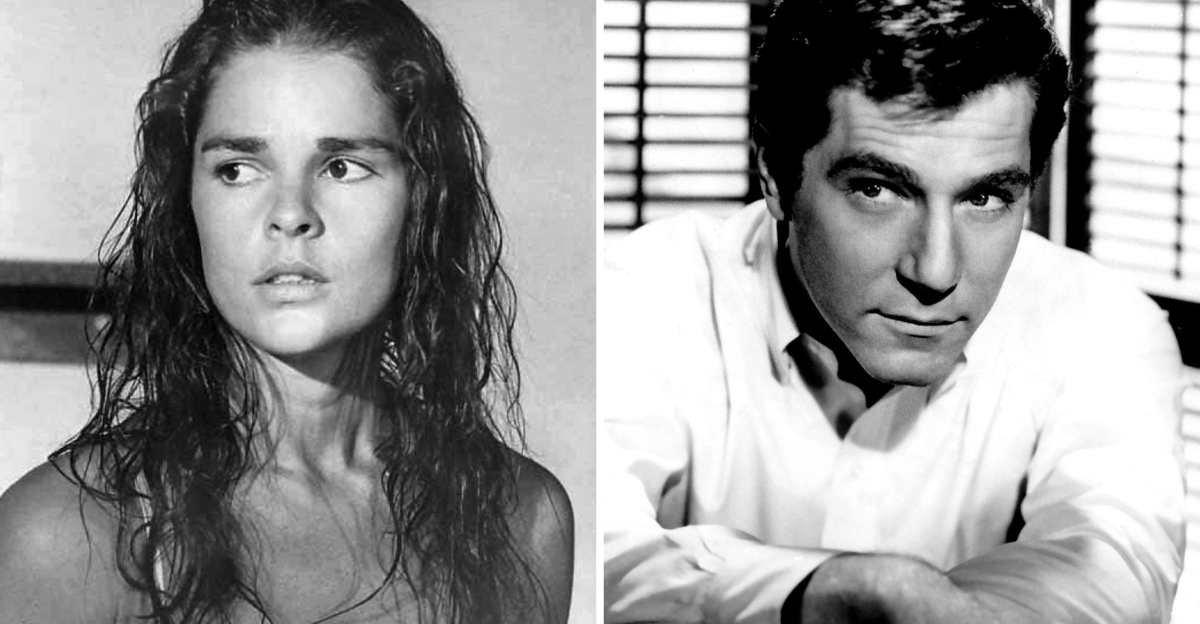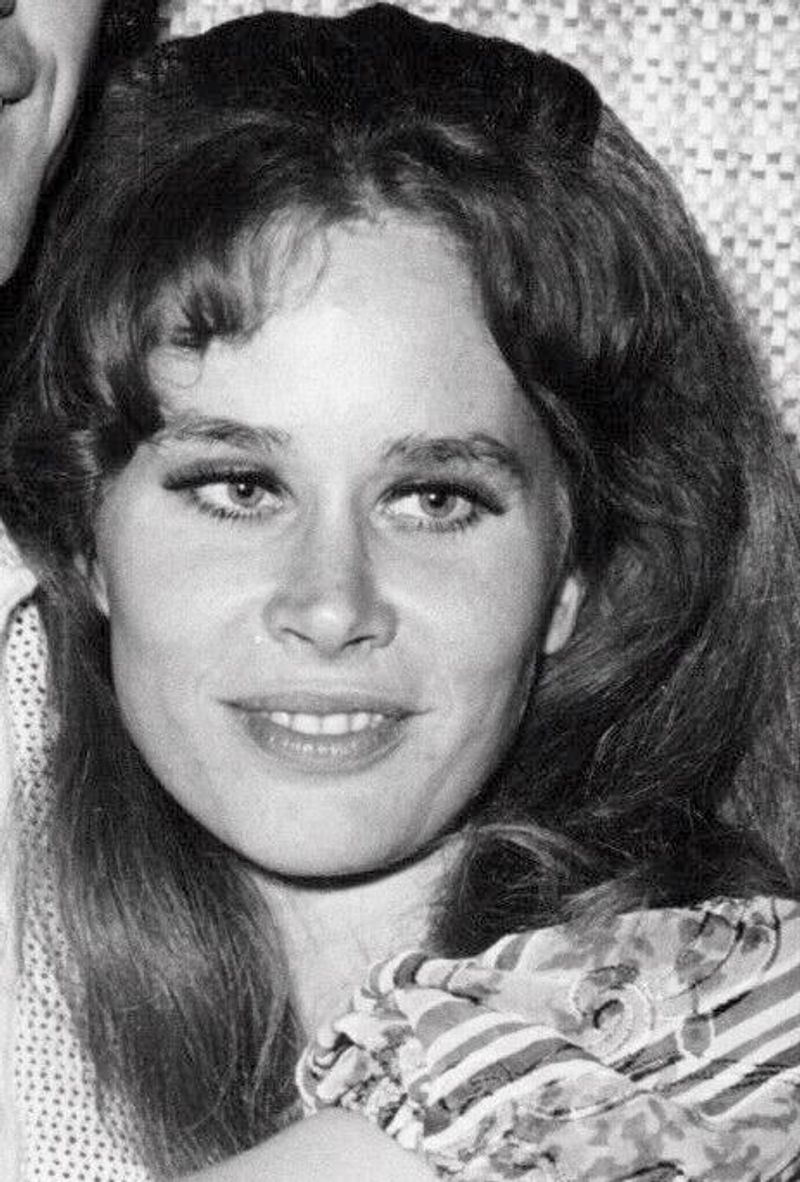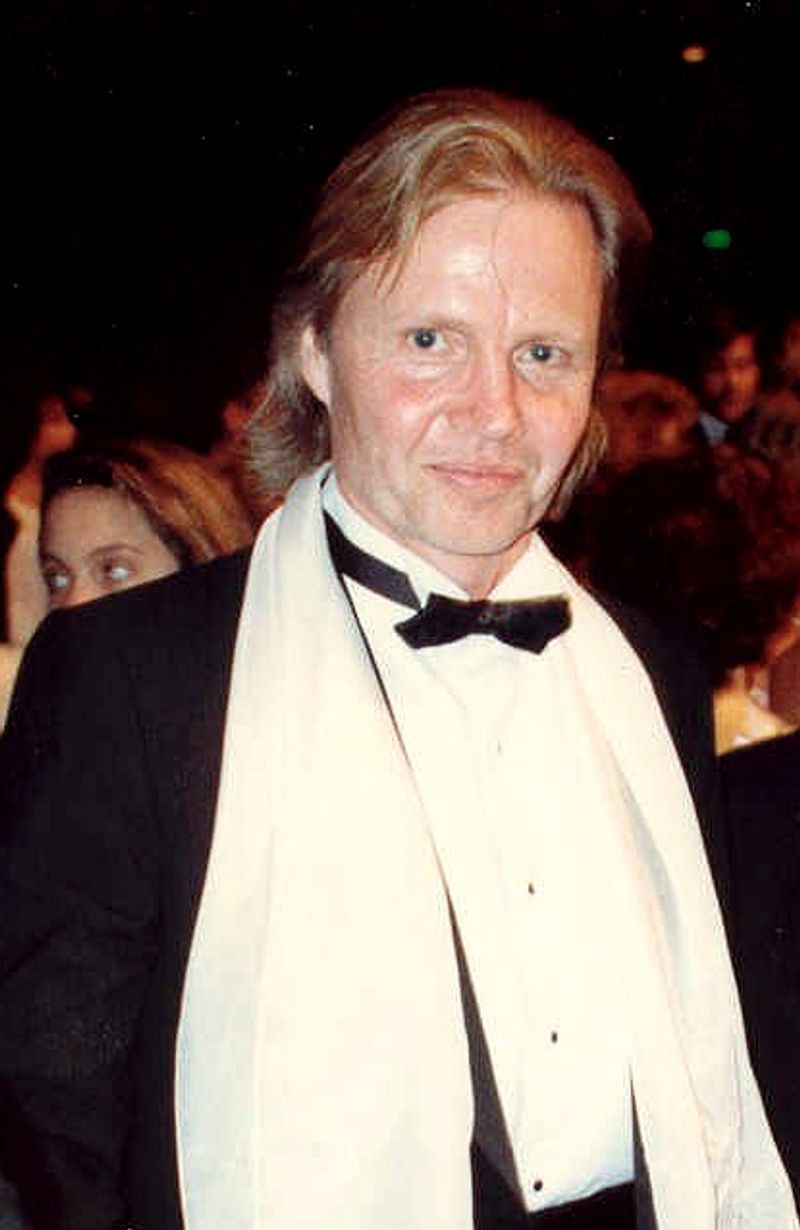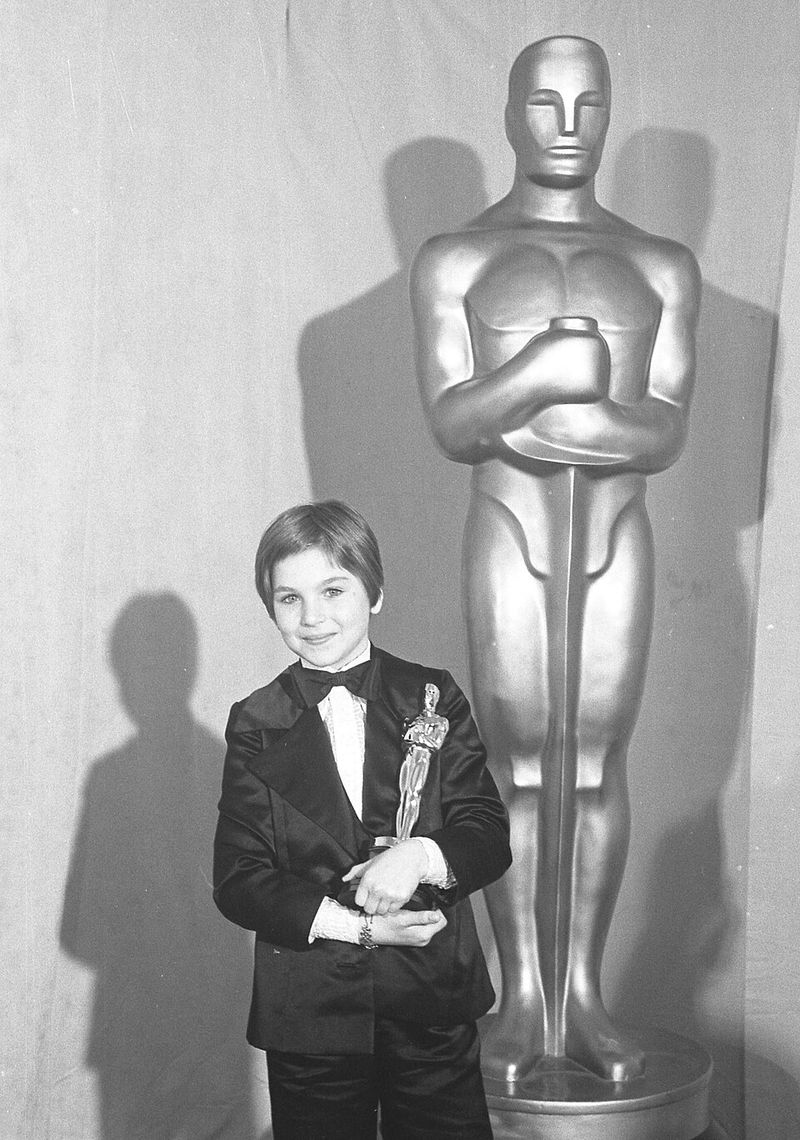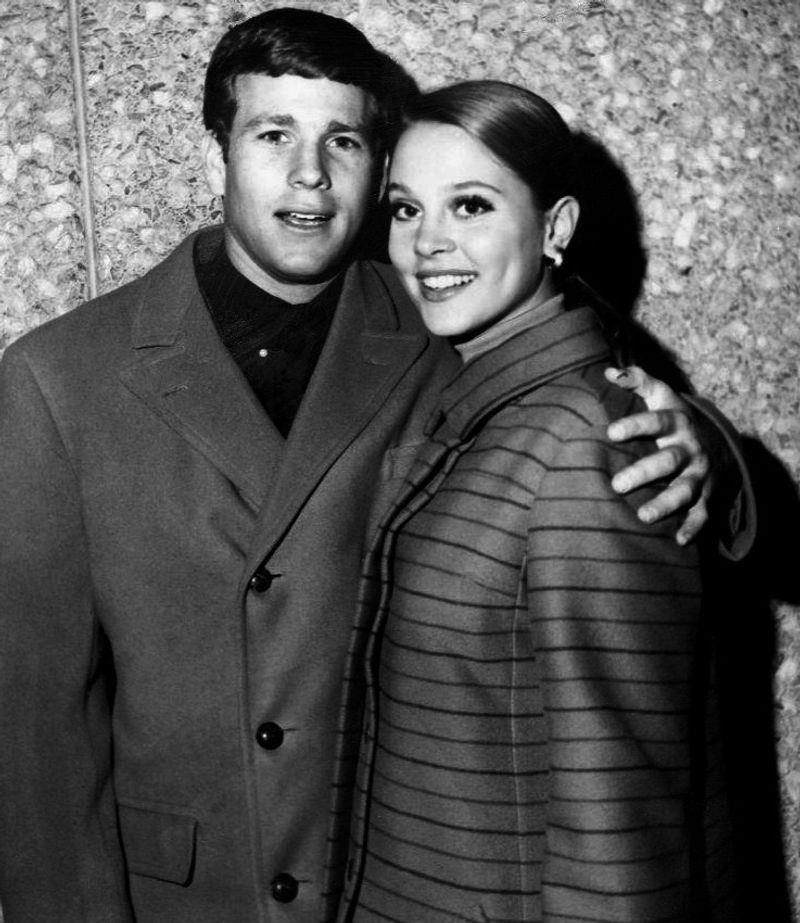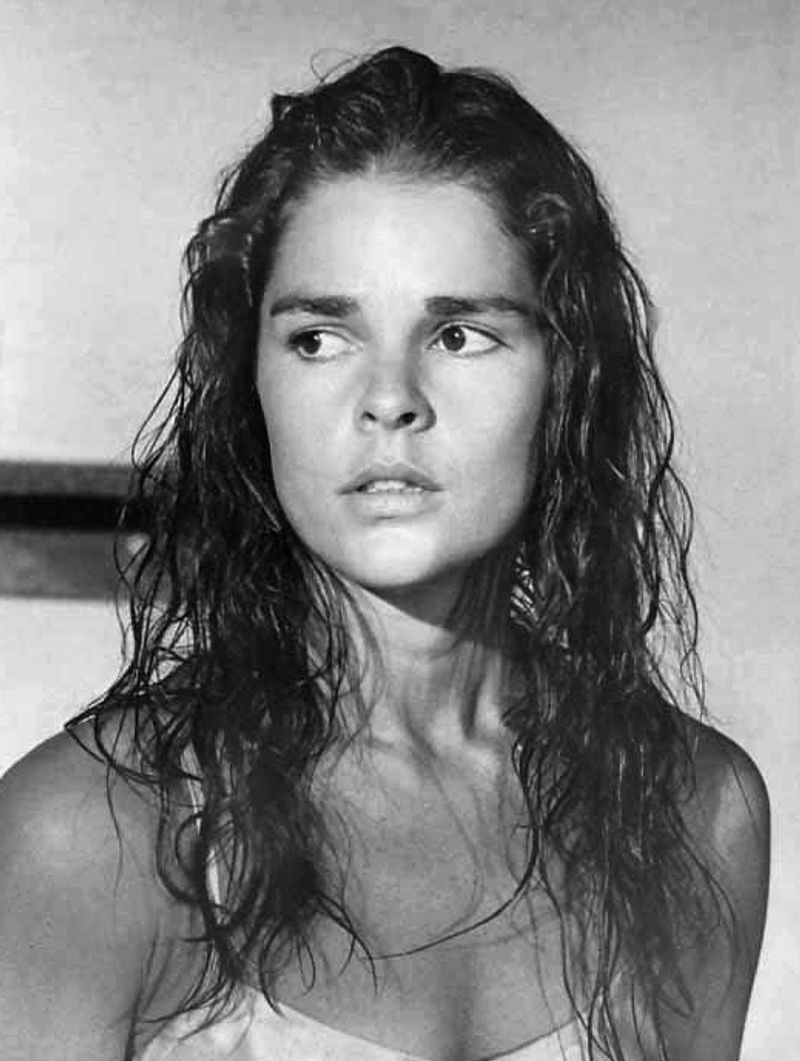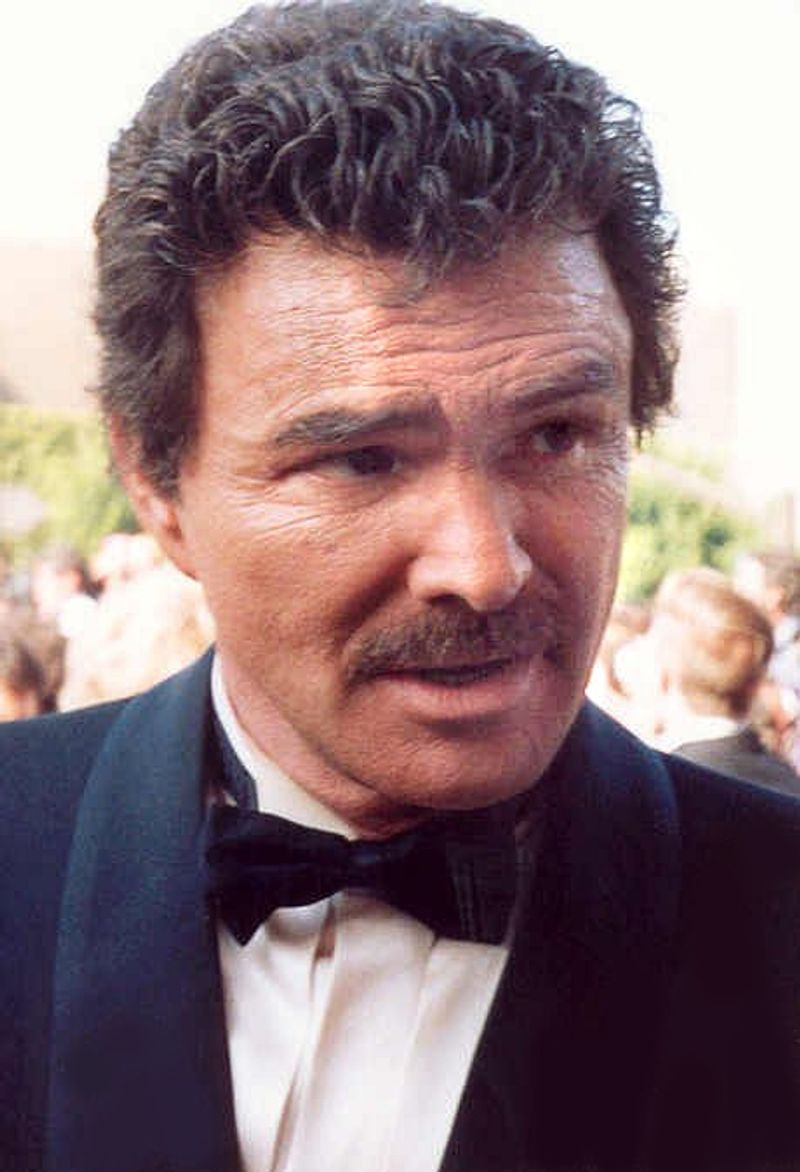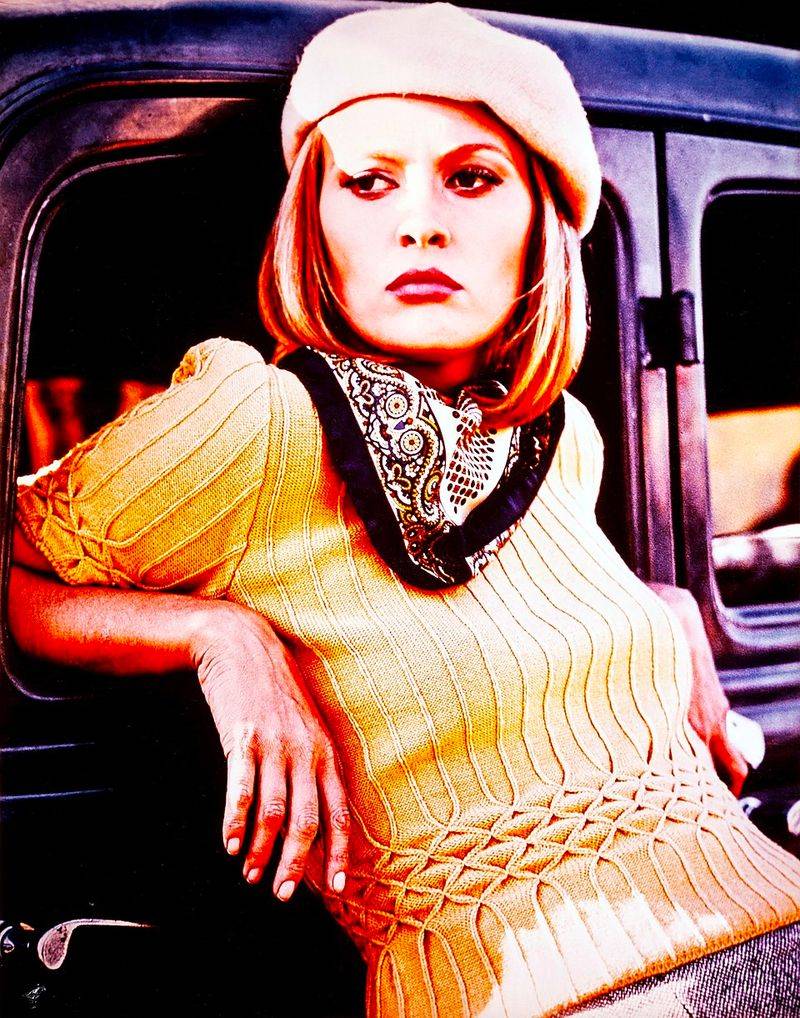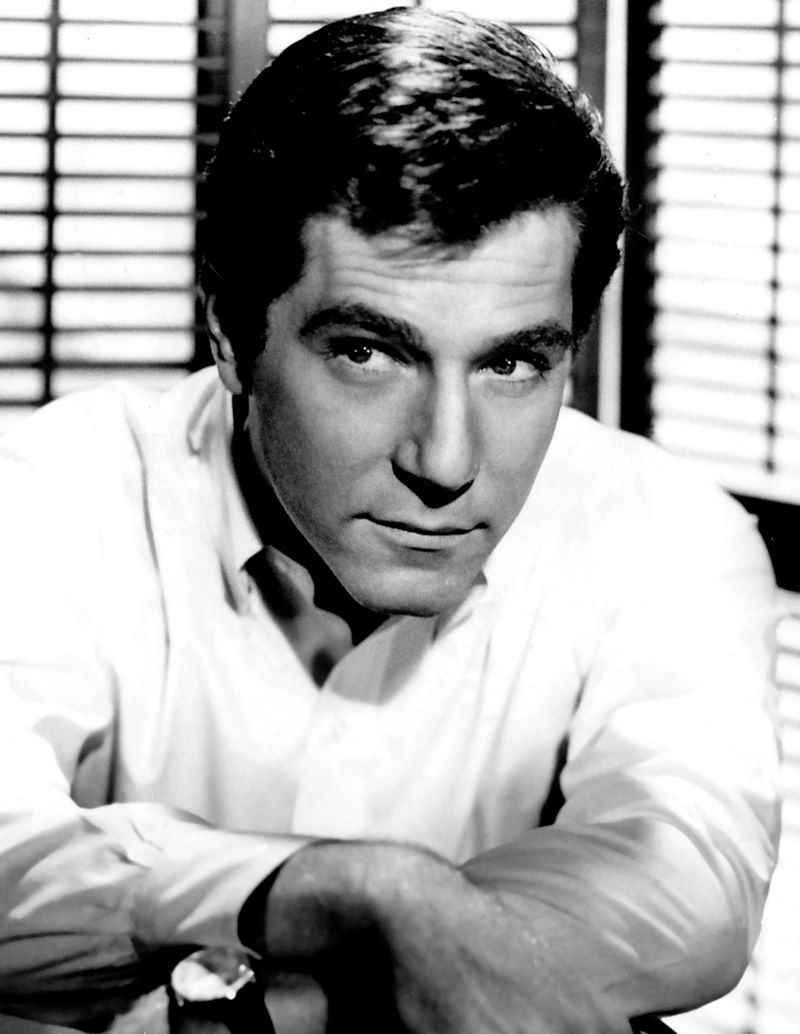The 1970s gave us some of the most talented actors and actresses Hollywood has ever seen. Many of them delivered unforgettable performances that still resonate today. However, not all of these stars received the lasting recognition they truly deserved, fading from the spotlight despite their incredible abilities and contributions to cinema.
Karen Black
Karen Black’s unconventional beauty and intense performances made her one of the most intriguing stars of the 1970s. She earned an Academy Award nomination for Five Easy Pieces (1970) and delivered standout roles in The Great Gatsby (1974) and Nashville (1975).
Despite her talent and versatility, Hollywood often typecast her in eccentric or horror roles later in her career, which limited her mainstream recognition. Black’s ability to embody complex, offbeat characters should have cemented her as a lasting Hollywood icon.
Instead, she became a cult favorite among cinephiles who recognized her depth long after her peak years had passed. Her performances remain a testament to an actress who could have dominated the industry with better opportunities and less restrictive casting.
Jon Voight
Before his later fame as Angelina Jolie’s father, Jon Voight was one of the brightest acting talents of the 1970s. His breakthrough in Midnight Cowboy (1969) won him an Academy Award nomination, and his powerful performance in Coming Home (1978) earned him an Oscar win.
Yet, despite these major achievements, Voight’s star dimmed by the late 1980s due to inconsistent film choices and a shifting Hollywood landscape that favored younger, flashier leads. His serious, introspective approach to acting made him a critical darling.
However, he never became the enduring pop culture figure many of his contemporaries did. Voight’s legacy remains as one of the decade’s finest dramatic actors whose career trajectory should have soared much higher.
Tatum O’Neal
At just 10 years old, Tatum O’Neal became the youngest person ever to win a competitive Oscar for her role in Paper Moon (1973). She was hailed as the future of Hollywood, but her career stalled after a few teen roles and personal struggles in the following decade.
The transition from child star to adult actress proved difficult, even with her natural charisma and screen presence. Despite a later resurgence in TV roles, O’Neal never regained the same critical or cultural standing she had in the ’70s.
Had Hollywood better nurtured her transition, she might have become one of the defining actresses of her generation. Her early brilliance remains a bittersweet reminder of untapped potential and the challenges young stars face.
Ryan O’Neal
Ryan O’Neal seemed destined for lifelong stardom after Love Story (1970) became one of the decade’s biggest hits. He followed it with strong performances in What’s Up, Doc? (1972) and Paper Moon (1973), where he starred opposite his daughter, Tatum.
But O’Neal’s charm couldn’t sustain his momentum into the 1980s. A string of box office disappointments and tabloid-fueled controversies overshadowed his earlier success. Despite his natural charisma and emotional range, O’Neal became more famous for his off-screen life than his talent.
His early career remains a snapshot of what could have been—a leading man who faded too quickly from Hollywood’s brightest spotlight. O’Neal’s story is one of promise unfulfilled.
Ali MacGraw
Ali MacGraw captured hearts in Love Story (1970) and became an overnight sensation, earning an Oscar nomination for her performance. Her combination of elegance, intelligence, and emotional depth set her apart in an era dominated by glamorous starlets.
However, her decision to step back from acting after her high-profile marriage to Steve McQueen limited her career momentum. Although she starred in The Getaway (1972) and Convoy (1978), MacGraw never regained her early acclaim.
Today, she’s remembered more as a cultural icon of the 1970s than a long-lasting Hollywood legend—proof that even immense talent can be eclipsed by personal choices and fame’s fleeting nature. MacGraw’s legacy endures as a symbol of grace and missed opportunities.
Burt Reynolds
In the 1970s, Burt Reynolds was the epitome of cool—his charm, humor, and rugged good looks made him a box office sensation in hits like Deliverance (1972), Smokey and the Bandit (1977), and The Longest Yard (1974). Yet, his reluctance to take on more serious, Oscar-caliber roles kept him from reaching legendary status.
Reynolds often admitted later that he turned down films that could have elevated his legacy. Despite a late-career resurgence in Boogie Nights (1997), his potential to stand among Hollywood’s timeless greats was undercut by a mix of typecasting and his own easygoing approach to fame.
Reynolds remains beloved, but his career serves as a reminder of opportunities missed and paths not taken.
Faye Dunaway
Few actresses shined as brilliantly in the 1970s as Faye Dunaway. With unforgettable performances in Bonnie and Clyde (1967), Chinatown (1974), and Network (1976)—for which she won an Oscar—she was the decade’s quintessential leading lady.
However, her reputation for being “difficult” on set, combined with Hollywood’s harsh treatment of women as they aged, caused her career to wane. Dunaway should have been an enduring Hollywood matriarch, celebrated alongside Meryl Streep or Jessica Lange.
Instead, she became a cautionary tale of talent overshadowed by gossip and industry sexism. Her body of work remains extraordinary and criminally underappreciated, a testament to an actress who deserved far more recognition and respect throughout her career.
George Segal
George Segal brought a rare blend of humor and vulnerability to 1970s cinema. His performances in Who’s Afraid of Virginia Woolf? (1966), A Touch of Class (1973), and California Split (1974) showcased a relatable charm that stood out amid a sea of method actors.
Though he continued working steadily, Segal never became the household name he deserved to be. Hollywood’s shift toward grittier, darker roles left his lighter, more nuanced style behind.
Yet, his range—from romantic leads to neurotic everymen—should have earned him a lasting place among the greats. His contributions laid groundwork for future generations of understated performers, proving that subtlety and authenticity can be just as powerful as intensity on screen.
